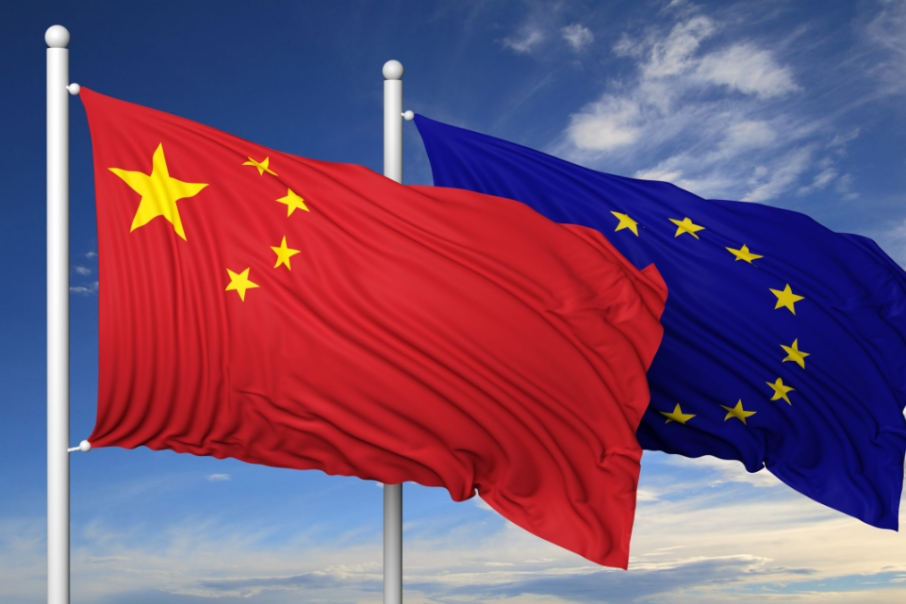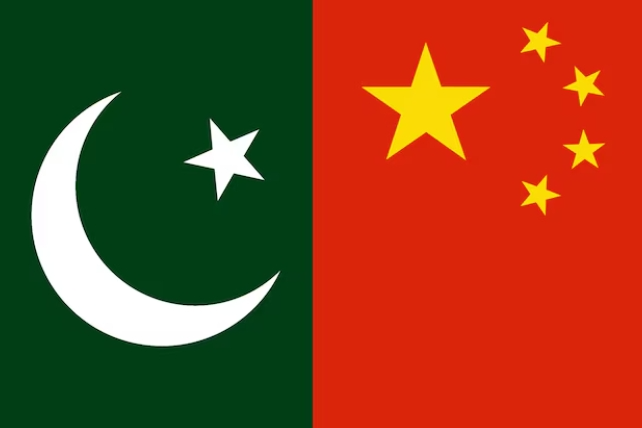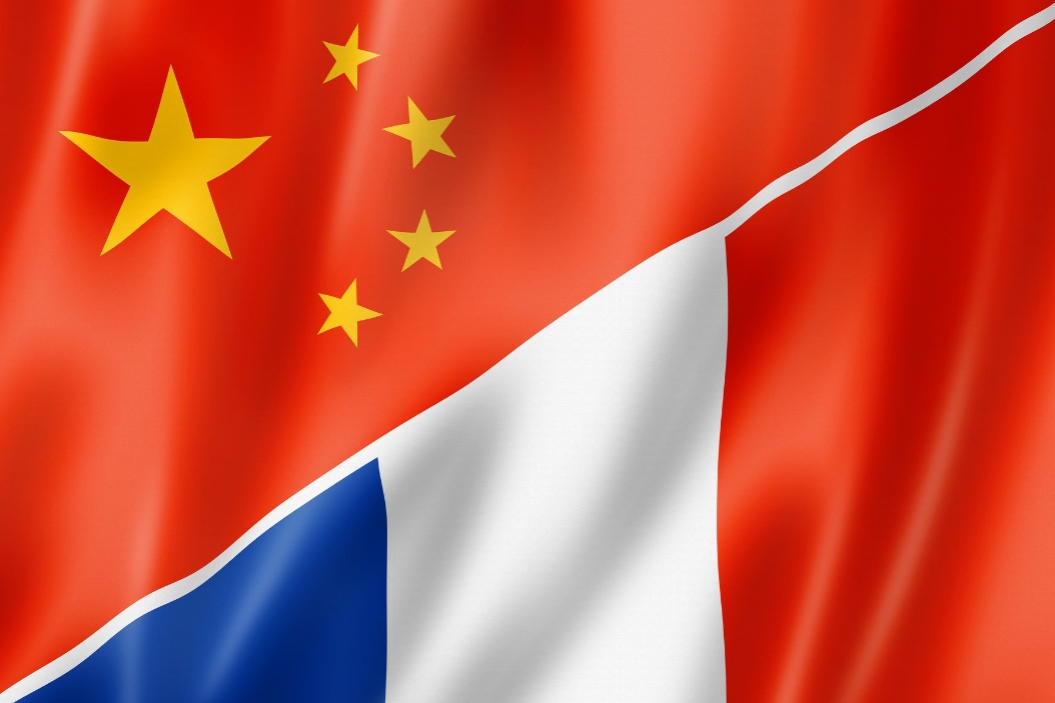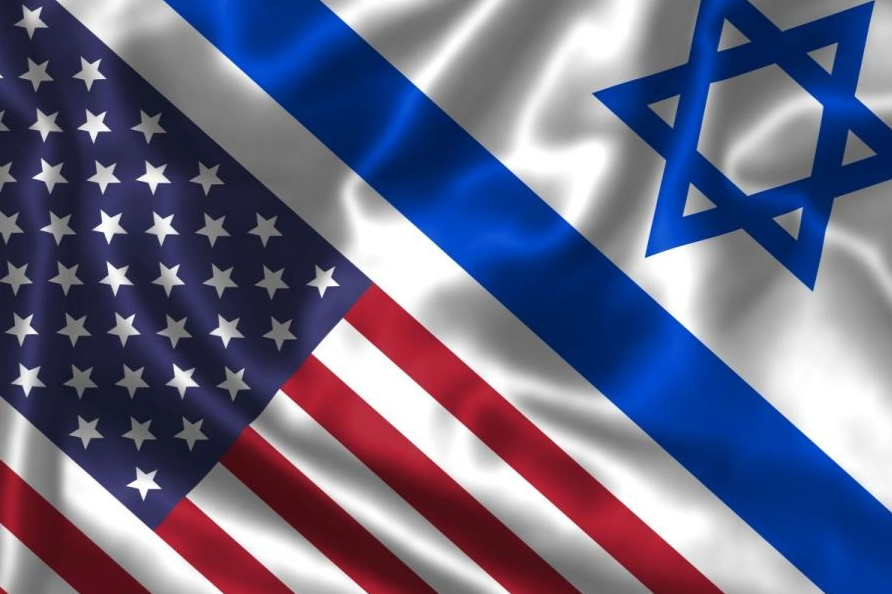US toy executive praises China on sourcing, pricing


Jay Foreman, who has been in the toy business for more than three decades, can vouch for how fairly he has been treated by Chinese suppliers.
Foreman, president and CEO of Basic Fun!, a global toy company based in Boca Raton, Florida, also hopes that China and the United States can continue to do business together despite ongoing political difficulties and the supply challenges presented by the COVID-19 pandemic.
"Our hope is that the Chinese, always tough and smart, and the US, who is always practical and also smart, can recognize how symbiotic our business relationship is and how detrimental it would be to both countries to allow some of the geopolitical hot button points which have been around for a hundred years to interrupt an incredible, successful and symbiotic economic relationship that's so important to both parties," Foreman said Wednesday.
He spoke at a discussion about the changes and current challenges of sourcing in China. The talk was organized by the US-China Business Council and China Corner Office, a podcast hosted by Chris Marquis from Cornell University's Johnson College of Business.
Basic Fun! produces many well-known toy brands such as Uncle Milton, Play Hut, Tonka and Care Bears for children. Most of those products have been manufactured in China the past three decades.
Foreman said the company is working frantically to overcome supply problems brought about by a lack of available shipping containers due to the pandemic, so as not to disappoint a lot of children at Christmas.
"Businesses is in a sense so good, almost too good, that we can't get enough space on container ships to bring in all the merchandise that the consumers and the retailers are looking for," he said.
Foreman has been working with Chinese companies in the toy industry since the late 1980s and has made more than 100 trips to China. He has witnessed the transformation of China's manufacturing and the country's rapid development.
He remembers when a minivan he was riding in had to dodge bicyclists on the highway going into Shanghai from the airport, when he made his first trip to China.
Back then, the toys were made in government-owned factories, and trade was conducted with government-owned trading companies when he first started doing business primarily in the Shanghai area.
He said that a retired man with toy manufacturing experience helped set up toy factories and connect Foreman to them. Soon, China would open up more, and the government decided to privatize some businesses. Light-industrial items were at the forefront of the transition.
Government-owned businesses were taken over by local entities or managers. The dramatic transition was accomplished without destabilizing society, with the government providing loans and supplementing trade, Foreman said.
"The biggest and most important thing at that time and probably still even at this time is that they didn't want a disruption with the workforce," he said. "It was important to make sure whatever transition they did, the people who were taking over the factories became responsible for the workers, their social security, their pay and all that."
In working with Chinese companies, Foreman said all he had to do was promise to give them business. "They gave us reliable supply, but they also gave us phenomenal pricing," he said.
Foreman said that he has never been cheated once or run into anybody who double dealt in any way.
"It's been really a win-win relationship, at least from my (perspective) because the people there are just serious. They just want to make money, to be successful and to prosper by working hard," he said.
Although it took some time for the two sides to get on the same wavelength, the collaboration has been seamless now after three decades, Foreman said. He also marveled that the Chinese people quickly figured out things they didn't know how to manufacture before.
He noted that factory conditions have improved greatly since he first visited them. Workers used to be served lunch from a big kettle in the courtyard and took their breaks sitting at curbs. Now, the factories are like campuses and required to provide a certain number of calories to workers.
Despite labor costs rising in China, and manufacturing competition emerging in places such as Vietnam, Cambodia and India, Foreman said that innovation and resourcefulness have enabled China to maintain its competitive edge.
"They've created special machines that never existed before just to make (products) through automation and very little labor," he said. "Chinese manufacturers find ways to innovate and automate."
He used a small squeeze toy as an example. It used to take a lot of sophisticated handiwork to make; now it's mostly molded by machines.
"For the next 10 or so years, I think China will continue to be a cost-effective place because they'll have that balance between labor and automation," Foreman said.
He said that his toy company has overcome many obstacles such as toy duties, labor challenges and COVID-19, but he's concerned about the uncertainty resulting from the friction in the bilateral relationship.
"The uncertainty now that's happening in the geopolitical and economic (front) is really as challenging and volatile as ever," Foreman said.
Jing Shiyan in Kansas contributed to this story.

































